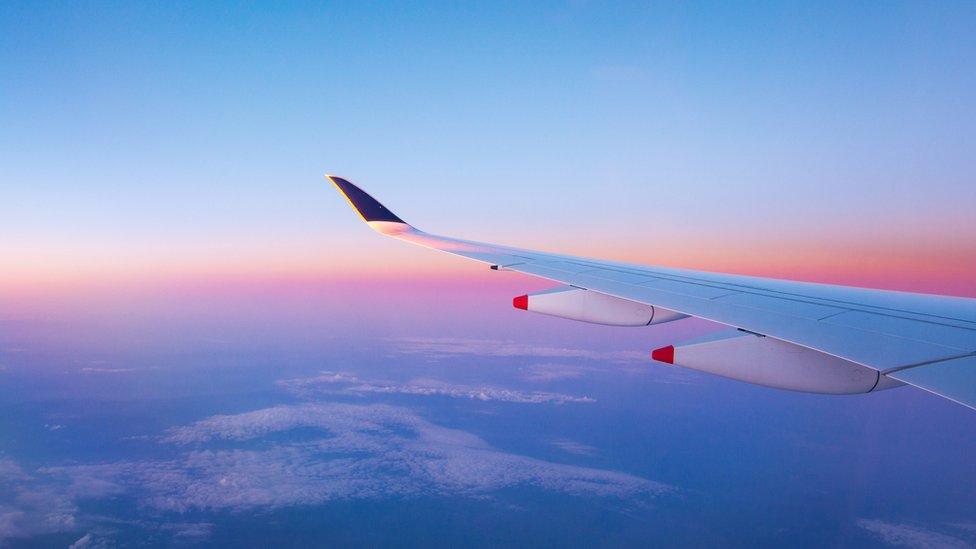Covid: 'Many would board flight' with symptoms, study suggests
- Published

People coming to the UK from Covid hotspot countries will soon have to quarantine in a hotel
A "significant proportion" of people would get on a plane despite having coronavirus symptoms, a study suggests.
Scientists advising the Welsh Government found many would happily fly during the pandemic even with a cough.
This is in spite of the Technical Advisory Group, external (Tag) saying there is "overwhelming evidence" Covid-19 is spread by air travel.
From 15 February, those coming to the UK from hotspot countries will have to pay to stay in a hotel to quarantine.
The requirements are being introduced in a bid to control the spread of new variants of coronavirus first identified in South Africa and Brazil.
In the Tag document, published on the Welsh Government website, advisors said there was evidence one infected person on a flight could transmit the disease to other passengers "throughout the plane", even when measures were in place.
The spread of the virus was helped by air circulation in the cabin, close confinement and toilet visits, and crowded airport terminals could lead to people being infected before travelling to multiple destinations, the study shows.
The scientists, from universities in Wales and Australia, warned stricter measures and enforcement were needed before commercial air travel could resume.
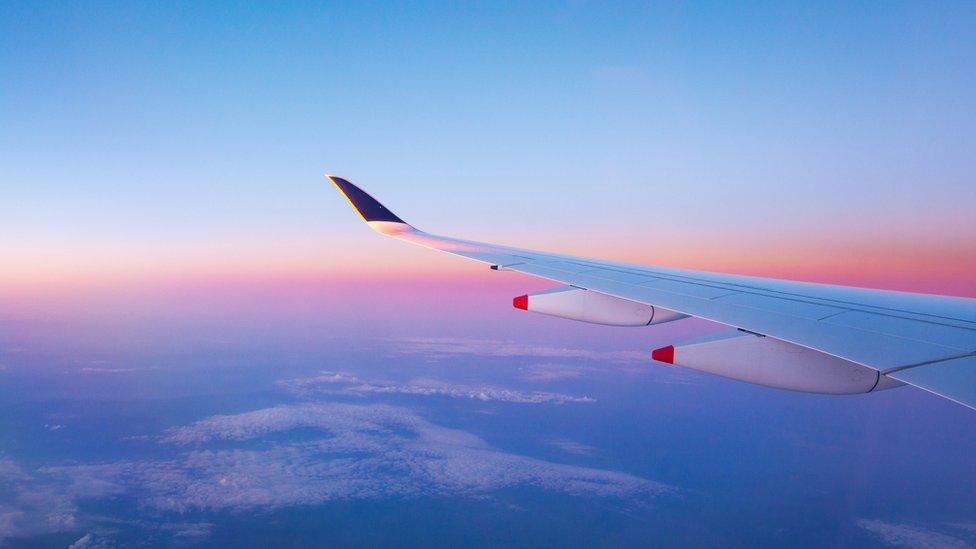
The document says there is an urgent drive for air travel to resume after the industry has lost millions of pounds during the pandemic
In the survey, carried out by YouGov in October, 2,103 were asked about whether they would travel home from a trip abroad despite having symptoms.
Of these, 21% said they would get on a plane even if they had a cough, fever or other potential Covid-19 symptom, while 52% said they would not board the flight, and 27% did not know.
Overall, slightly more men said they would potentially travel back with COVID-19 symptoms relative to women - 24% and 18% - while more younger people (aged 18-44) said they would travel with symptoms.
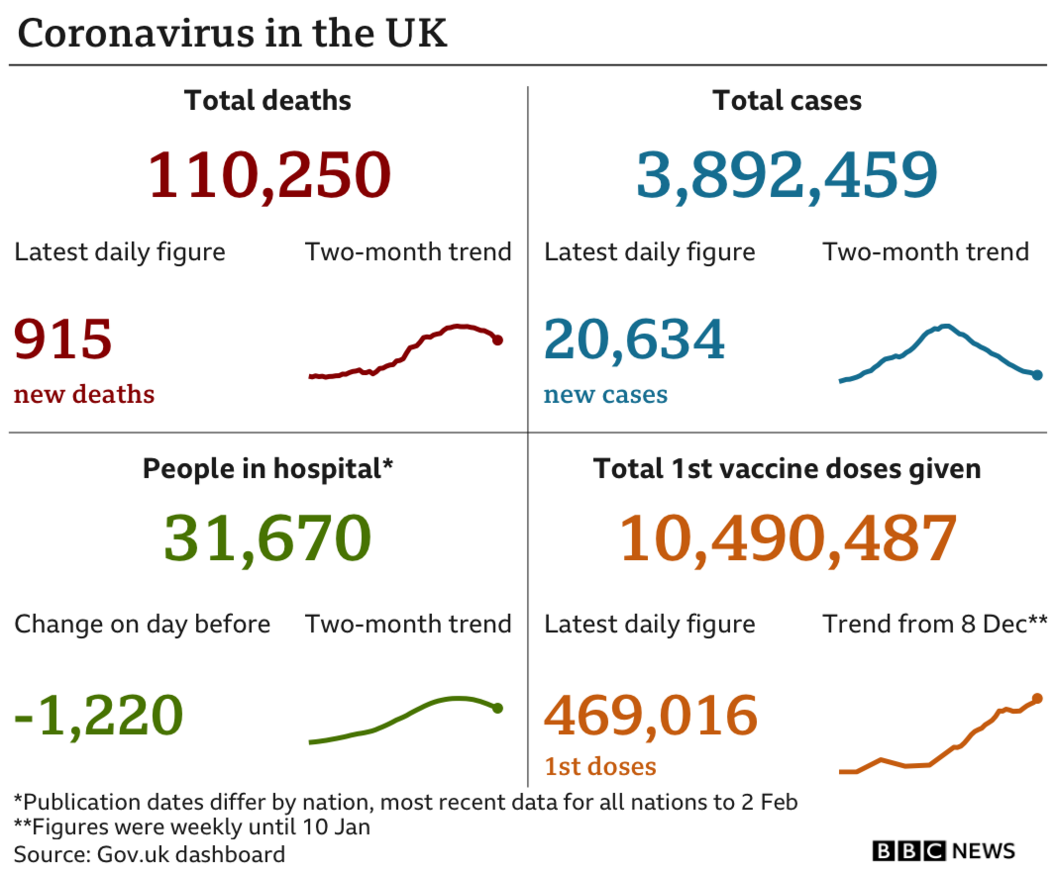
Under level-four restrictions all but "essential" travel is currently banned in Wales, with Cardiff International Airport remaining open for people to travel only for work, education and care reasons.
Currently, anyone arriving in Wales from anywhere outside of the the UK, Ireland, the Channel Islands and the Isle of Man - known as the Common Travel Area - must have tested negative for Covid-19.
Those arriving from the 33 countries on the "red list, external" - which covers much of South America, southern Africa, the United Arab Emirates and Portugal - must isolate for 10 days.
On Friday, there were just two scheduled flights to arrive in Cardiff, from Shannon and Dublin.
The Welsh Government had previously warned that the joint UK hotel quarantine rule did not go far enough.
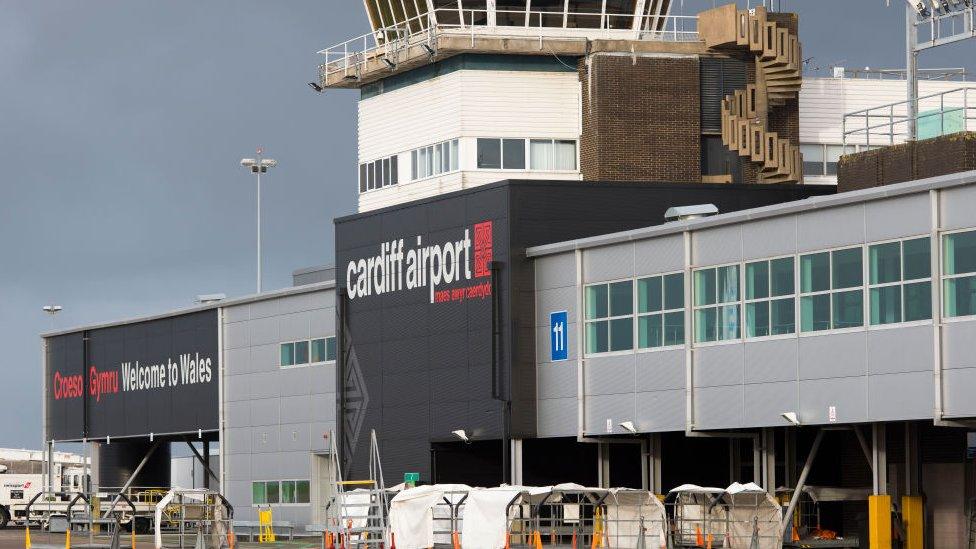
Wales' only international airport is Cardiff
It said stricter guidelines were needed to "ensure complete compliance" with needing negative results before a flight, and stronger messages were needed to target young people.
Other findings:
23% of people had previously boarded a flight while feeling ill
27% of people would still travel home if a family member of friend who had symptoms, while 45% would not
10.2% of people would not quarantine for the full 10-day period
93% of people would wear a mask on a plane
14% would not wash their hands properly when using the toilet on the flight
Over 300 of those surveyed (15.2%) had flown since the start of the pandemic, with the greatest number of flights taken by younger and more affluent people.
Of these 47% expressed that they felt safe from potentially catching Covid-19 during the flight, while 13% said they felt unsafe.
- Published5 February 2021
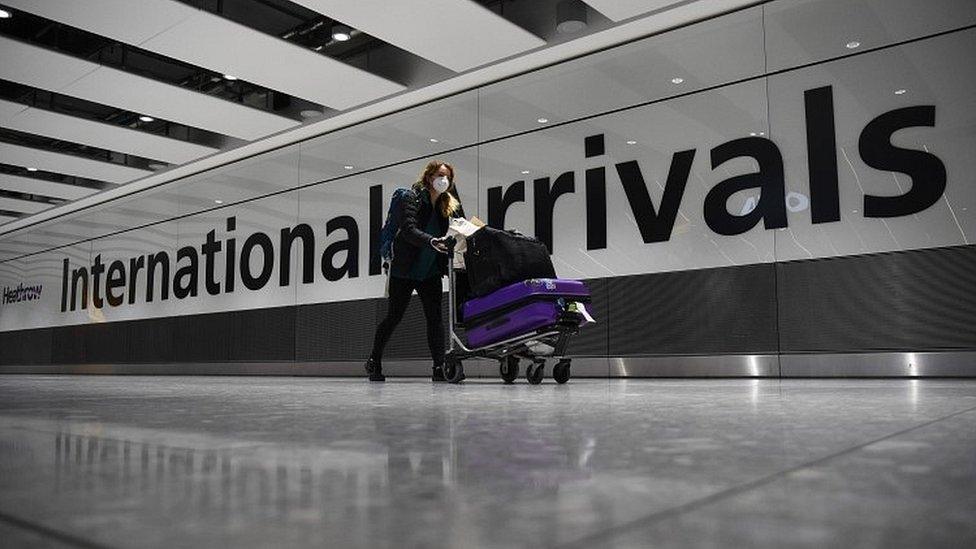
- Published27 January 2021
